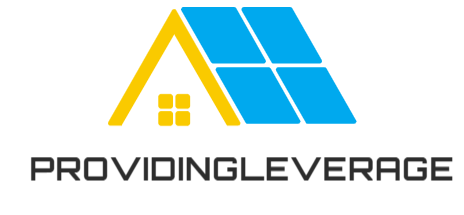Remote work has emerged as a transformative force in the modern professional landscape, redefining our understanding of the workplace. Beyond the flexibility and convenience it offers, it has been a profound teacher, imparting invaluable lessons about autonomy and responsibility. As someone who has journeyed through the remote work experience, I’ve discovered that these two concepts are not just buzzwords but fundamental pillars that shape our professional and personal growth.
When I first embarked on the remote work path, the allure of autonomy was undeniable. No longer bound by the rigid constraints of a traditional office, I had the freedom to structure my workday as I saw fit. I could choose when to start and end my work, where to set up my workspace, and how to allocate my time between tasks. This newfound autonomy was exhilarating, but it also came with a steep learning curve. I quickly realized that with great freedom comes great responsibility.
Autonomy in remote work isn’t just about doing things my way; it’s about taking ownership of my work and outcomes. Without the constant supervision of a manager or the presence of colleagues, I had to develop self – discipline and the ability to stay motivated. I learned to set clear goals for myself, break them down into actionable steps, and hold myself accountable for achieving them. For example, I started using project management tools to track my progress, set deadlines for myself, and ensure that I was on track with my tasks. This self – management not only improved my productivity but also gave me a sense of pride and accomplishment in my work.
Responsibility in remote work extends far beyond simply completing tasks on time. It encompasses effective communication with my team, maintaining the quality of my work, and contributing to the overall success of the organization. In a remote setting, communication becomes even more crucial. I had to be proactive in keeping my colleagues and manager informed about my progress, seeking feedback when needed, and addressing any issues promptly. A simple daily check – in via messaging apps or video calls made a world of difference in keeping everyone on the same page and fostering a sense of teamwork.
Moreover, I learned that responsibility also means being adaptable and flexible. Remote work often comes with its fair share of unexpected challenges, such as technical glitches, distractions at home, or changes in project requirements. Instead of getting frustrated or making excuses, I took it upon myself to find solutions. I invested in a reliable internet connection, created a dedicated workspace to minimize distractions, and developed the ability to pivot and adjust my plans as needed. This sense of responsibility not only helped me overcome obstacles but also earned the trust and respect of my team.
One of the most significant lessons I’ve learned is that autonomy and responsibility are two sides of the same coin. Autonomy provides the freedom to explore and innovate, while responsibility ensures that we use that freedom wisely. In a remote work environment, they are essential for maintaining productivity, building strong relationships, and achieving success.
Remote work has been a transformative journey that has taught me the true meaning of autonomy and responsibility. It has challenged me to grow as a professional and as an individual, and I am grateful for the lessons it has imparted. As remote work continues to gain popularity, I believe that these lessons will become increasingly important for anyone looking to thrive in this new work paradigm. Whether you’re a seasoned remote worker or just starting out, embracing autonomy and taking ownership of your responsibilities is the key to unlocking your full potential and achieving success in the world of remote work.




